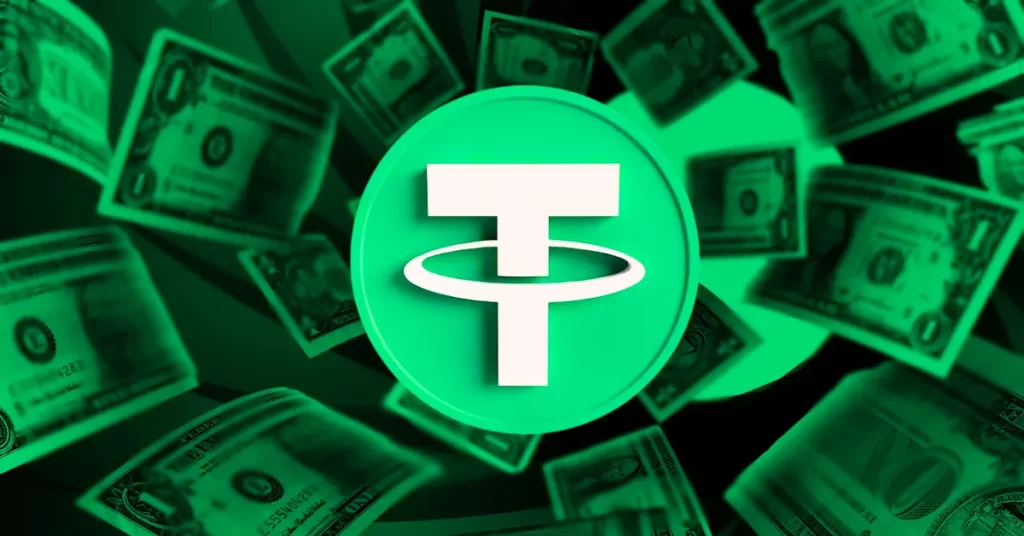Currently, any gain obtained from the sale of cryptocurrencies must be reported as a taxable income in the US regardless of the size or purpose of the transaction. Such kind of reporting on micro-transactions makes cryptocurrencies appear dull and stagnates the overall growth of the digital asset economy. In light of this, US lawmakers reintroduced the Virtual Currency Tax Fairness Act on Monday that would exempt consumers from paying taxes on personal crypto transactions under $200. If it becomes law, the legislation would apply to all qualifying transactions from Dec. 31, 2021. An amendment to the Internal Revenue Service’s tax code, the bipartisan bill was co-authored by Representatives David Schweikert and Suzan DelBene co-sponsored by Congressmen Tom Emmer and Darren Soto. “Antiquated regulations around virtual currency do not take into account its potential for use in our daily lives, instead treating it more like a stock or ETF. However, virtual currency has evolved rapidly in the past few years with more opportunities to use it in our everyday lives. The US must stay on top of these changes and ensure that our tax code evolves with our use of virtual currency,” DelBene said in a statement. Boosting Crypto Adoption Jerry Brito, the chief executive of the crypto think tank Coin Center who played a key role in the drafting of the legislation believes that tedious reporting requirements transactions ranging from $0.99 to $...
 Tether Treasury Mints $1 Billion in $USDT
Tether Treasury Mints $1 Billion in $USDT